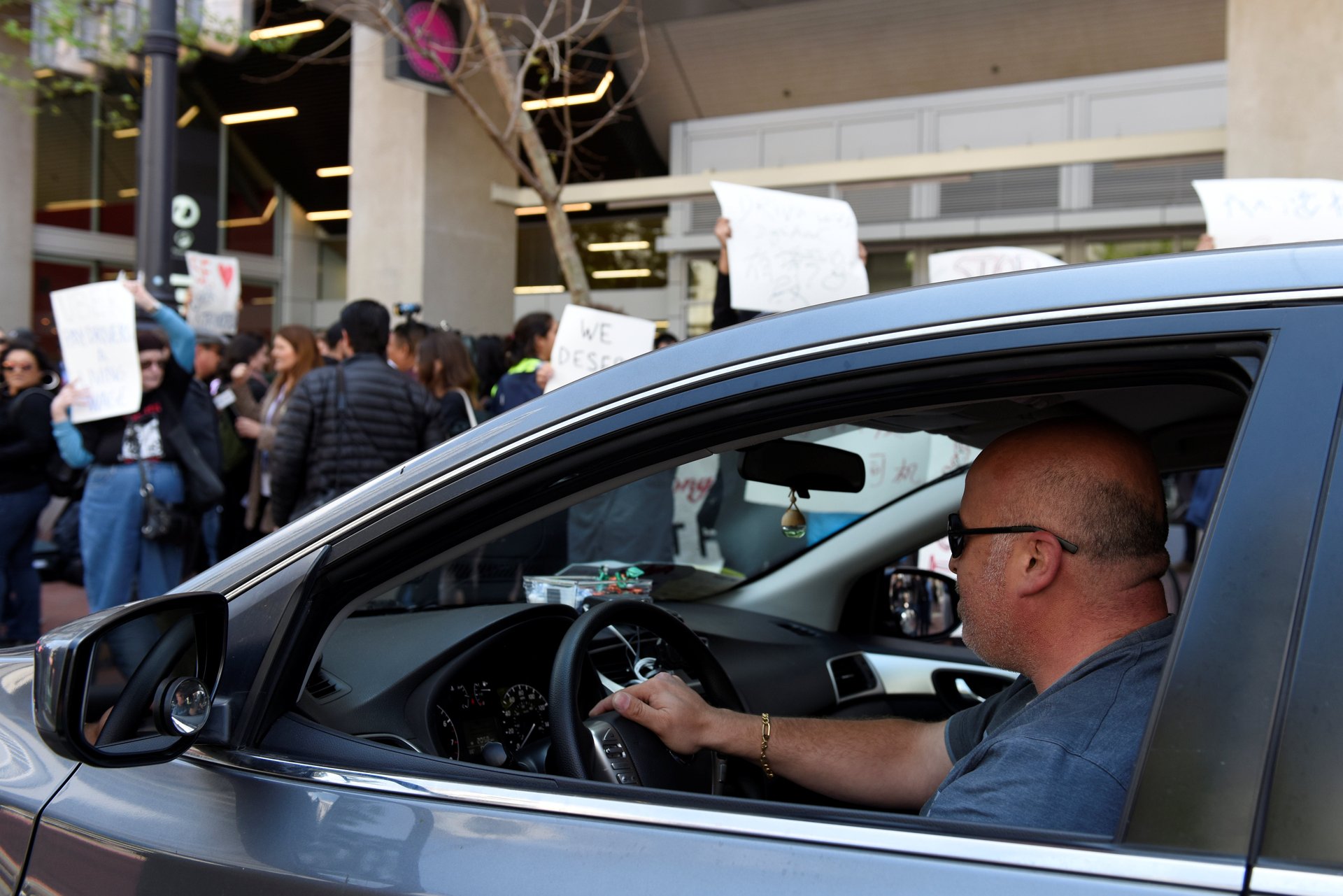What is Uber’s “usual course” of business? Much rides on the answer
The job of an Uber driver is to provide rides. Is that outside the usual course of business for Uber, a ride-hail company?


The job of an Uber driver is to provide rides. Is that outside the usual course of business for Uber, a ride-hail company?
The question may seem absurd to anyone who’s used Uber, but it’s vitally important under a 2018 decision from California’s highest court, codified in a bill passed this week by the state’s senate. The fate of the gig economy could turn on that question.
The gig economy relies on a simple arbitrage: Hire workers as independent contractors through online platforms to avoid the costs of traditional employment. To treat workers as actual employees would require gig-economy companies, many of which bleed cash, to fork over millions more in payroll taxes and workers’ compensation, and force them to comply with local minimum-wage laws.
Both the court decision and California’s bill outlined a new legal test that makes it harder for companies to classify workers as contractors. The test has three parts, of which the toughest—and the point on which many gig companies are expected to fail—is the question of whether the worker performs work outside the “usual course” of the company’s business.
To the average person, the answer in Uber’s case is probably a resounding no. Uber drivers give rides to Uber passengers and deliver food to Uber Eats customers. Uber isn’t Uber without them.
But Uber sees it differently. “Several previous rulings have found that drivers’ work is outside the usual course of Uber’s business, which is serving as a technology platform for several different types of digital marketplaces,” Uber chief legal officer Tony West said this week.
We’ve heard this before. Uber co-founder Travis Kalanick always said Uber wasn’t a rides company, but a “technology platform that connects riders and drivers.” The description played better to venture capitalists (technology platforms, so much sexier than rides companies!) and also gave Uber a handy legal defense for the employment classification claims that dogged it.
The California bill was a progressive win, but it is far from the end. Uber, no stranger to protracted legal fights, won’t relinquish its labor model easily. And while the conversation has come far, it is also right back where it began.
This essay was originally published in the weekend edition of the Quartz Daily Brief newsletter. Sign up for it here.